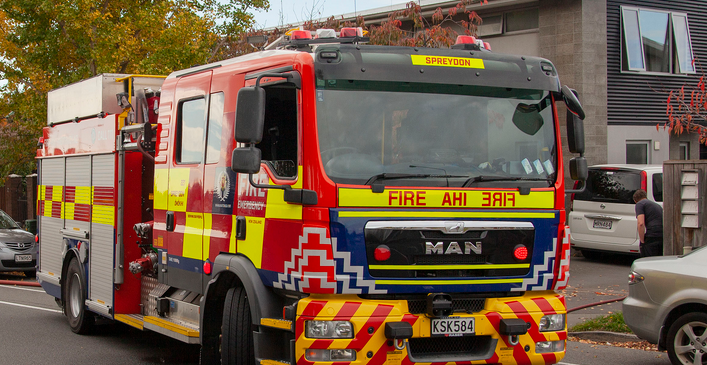The Growing Cost of False Alarms in New Zealand
False fire alarms are becoming an increasingly costly issue for New Zealand's emergency services, with Fire and Emergency New Zealand (FENZ) reporting that the financial burden could be as high as $40 million annually. This alarming trend is not only a drain on resources but also hampers the ability of emergency services to respond to actual fires and other emergencies.
The Alarming Statistics
According to FENZ data, 40% of fire alarms attended this year were false alarms, a significant increase from 34% in 2019. The cost associated with these false callouts varies, depending on factors such as whether career or volunteer firefighters respond and the distance they must travel. Previously, FENZ charged businesses $1200 per false alarm response, but even this charge was not enough to cover the true costs involved.
Pete Gallagher, FENZ's risk reduction and investigations manager, highlighted the scale of the issue, explaining that the 33,660 false alarms attended by 12 December 2023 alone could be costing a minimum of $40,392,000. Gallagher noted that each false alarm likely costs several thousand dollars when considering the disruption to businesses and the diversion of emergency resources.
The Impact on Emergency Services
False alarms are a significant drain on FENZ's resources, diverting crews from genuine emergencies and placing additional strain on the service. As more buildings are connected to automatic fire alarm systems, the number of false alarms continues to rise, exacerbating the problem.
Gallagher identified poor maintenance of older fire alarm systems as the primary cause of false alarms. Despite efforts to encourage building owners to improve their systems, including the now-scrapped $1200 false alarm charge, many have opted to pay the fine rather than invest in necessary upgrades. This has led to a continued increase in false alarms and the associated costs.
The Role of Building Maintenance
Proper building maintenance plays a crucial role in reducing false fire alarms. David Prosser from the Fire Protection Association emphasized that many false alarms are triggered by preventable issues such as water leaks, dust, and dirt within buildings. Additionally, activities by building occupants or contractors, who may inadvertently trigger alarms or damage systems, contribute to the problem.
FENZ and fire protection experts agree that improving building maintenance and upgrading outdated fire alarm systems are essential steps in curbing the number of false alarms. By addressing these issues, building owners can help reduce the financial burden on emergency services and ensure that fire crews are available to respond to real emergencies.
A Call to Action
Fire Security Services is committed to assisting building owners and managers throughout New Zealand in reducing false fire alarms. We specialize in the installation, servicing, and compliance inspections of fire alarm systems for both residential and commercial properties. Our team of experts is dedicated to ensuring that your fire alarm systems are reliable, up-to-date, and properly maintained to minimize the risk of false alarms.
As the number of buildings with connected alarms increases, so too does the importance of regular maintenance and timely upgrades. Fire Security Services is here to provide the expertise and support needed to keep your fire alarm systems functioning correctly, helping to protect your property and reduce unnecessary callouts that cost our emergency services millions of dollars each year.
By taking proactive steps today, we can all contribute to a safer, more efficient emergency response system in New Zealand. Contact Fire Security Services for a comprehensive fire alarm assessment and maintenance plan tailored to your needs.

